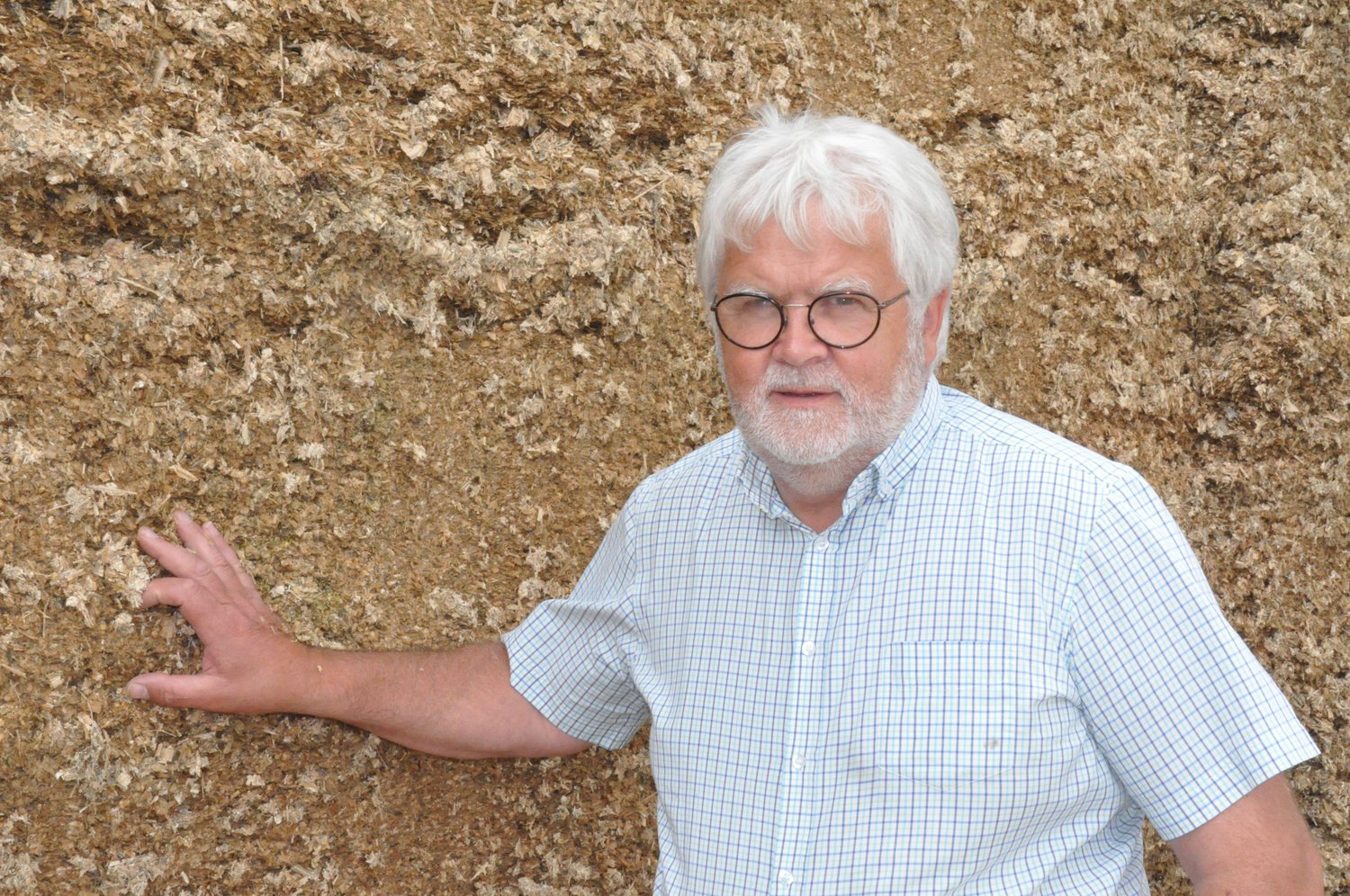Planning to protect maize
30 July 2024
With uncertainty in the cereals market, can you guarantee being able to purchase cereal-based concentrates at a sensible price for this winter?
Being able to do this could be particularly important on farms where the quality of grass silage cuts has been disappointing.
Fortunately, if you’re growing maize, it offers a cushion against unpredictable cereal concentrate prices – thanks to its high starch.
However, as well as managing maize properly in the field it’s also crucial to manage it properly in the clamp.
Without attention to detail with conservation, significant amounts of maize dry matter (DM) go to waste. Worryingly, you may not even know it’s occurring.
Invisible losses
There’s often confusion about losses in maize silage. Many people are aware of losses when maize silage heats up. But even if you don’t have problems with heating, far less obvious are the invisible losses from an inefficient fermentation.
While about half the losses in maize can come from heating, half can come from a poorer fermentation, caused by unwanted bacteria naturally present on the harvested crop.
Combined together, these losses typically reduce the DM tonnage of maize in the clamp by about 10%. This might not sound much, but the unwanted microbes that cause these losses feed on starches and sugars first, so the remaining DM is lower in feed value. And these are typical DM losses. They can easily reach 20% – or even 50% in the worst parts of the clamp.
Dual-acting
Added to this, it's often thought maize will ferment without an additive. While it can, by relying on bacteria present on the plant to carry out the fermentation you don’t know whether it’s being carried out by good ones or bad ones. So my advice would be to protect maize with a dual-acting additive, such as Ecocool, containing only good bacteria to improve fermentation and to keep the silage stable and cool for a good period of time.
An additive represents just a few percent of the total cost of producing maize silage – compared with fertiliser and sprays which might be as much as a third of that production cost.
You probably wouldn’t dream of growing maize without fertilisers or sprays because you know it wouldn’t yield well. So, if going to the expense of producing that yield and DM, why let some of it go to waste in the clamp? To me, it doesn’t make sense.
Ken Stroud can be contacted at Volac on 07713 197084